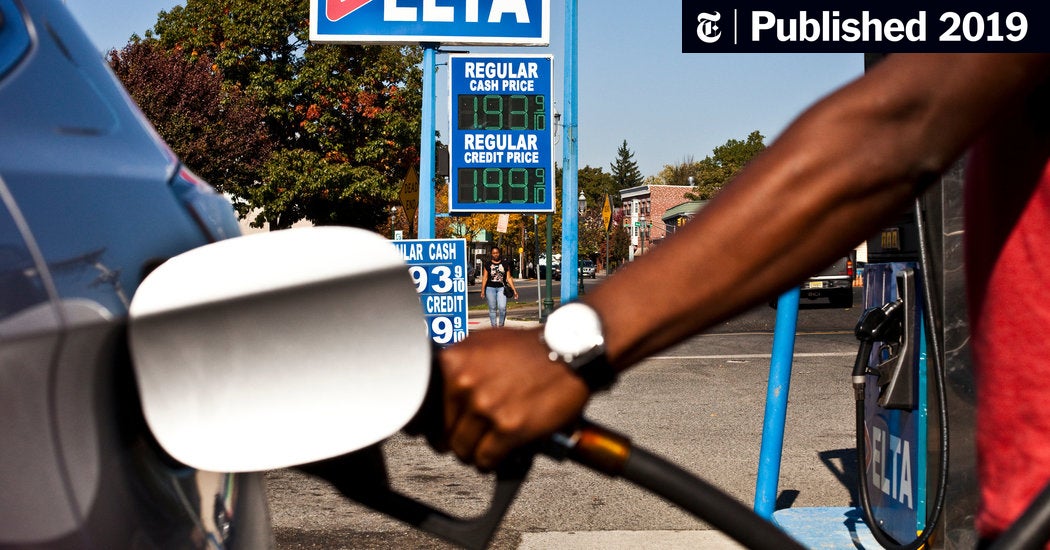Sorry, but unless you conduct a test under strict consistent conditions, this claim that you can get an additional 50kms out of a tank of high test is highly suspect.You can google all you want, but my tripometer that shows an additional ±50kms a tank doesn't lie.
There are so many factors affecting mpg's that you need to duplicate exactly the same conditions for an accurate comparison. Things like driving style, road conditions, weather, city vs. highway driving etc. all play a part. For all we know, you got an extra 50 kms by driving less aggressively, mostly on highways, compared to aggressive city driving with 87 octane in the tank. Conduct a proper test, using the same routes, same speed, same driving style etc., and maybe you will get a better idea of actual performance.
Better yet, like someone mentioned, put the N/A engine on a dyno with both grades of fuel, and see the results. I suspect the difference will be negligible. The key here is, document the process and do a proper analyses.
I've been around the block a few years, and have switched from high test, to regular, to mid-range, and back to high test in many vehicles over many years. I was also a Company fleet manager for many years in my business life, and can tell you that higher octane gas didn't make a hoot of difference in any vehicle that was recommended by the manufacturer to run on 87 gas. Total waste of money. In a more personal situation, as many of you know, I had a Nissan Pathfinder for 18 years. The user manual recommended premium gas. I got tired of spending extra cash for no observable gain in mileage or performance, so in the last ten years of it's life, I ran regular gas in it. Guess what? No problems with the engine, ever. No knocking, no difference in mpg's, and certainly no difference in performance.
At the end of the day, it's still a personal choice. If people want to spend extra money running premium gas in a vehicle that the manufacturer recommends you use regular, then by all means, carry on. The oil companies will love you.


